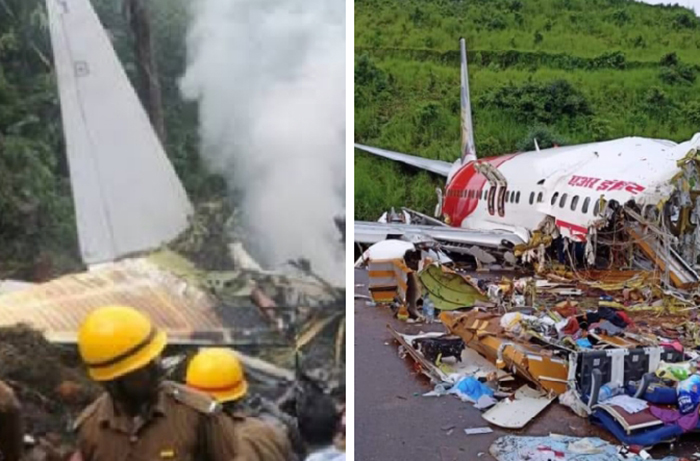Mangaluru, Oct 5: Uttar Pradesh Chief Minister Yogi Adityanath called the coastal city of Mangaluru a sacred land which had attracted religious figures in the past.

The priest-cum-politician, who stayed at Kadali (Kadri) Yogeshwar (Jogi) Mutt, in front of the Kadri Park here, last night after returning from the Janaraksha Yatra in Kerala, he asked the local residents not to ignore Dharma and country.
The CM asked people in Mangaluru to join hands for the development of the country and said that religious leaders would take care of Sanatan Dharma.
He recalled the centuries-old association of the Nath sect with Mangaluru which has the Yogeshwar Mutt and other Nath sect temples. “Adi Sankaracharya had travelled from the South to the North via Mangaluru, and Gorakhnath, the founder of the Nath panth, travelled from the North to the South via the coastal area,” he said.
Yogi return to Uttar Pradesh through a special flight from Mangaluru International Airport on Thursday morning.
















Comments
With all due respects, to all our brothern Hindus,
One thing sure, series of babas because who are not allowed to marry are indulged in rape, adultary cases.
Babas who called Godman became criminals.
Hindus should not be so stupid to allow these babas to commit more crime and spoil the name of Hinduism.
If you dont allow them, you are risking your daughters in a very dangererous state. May God really help.
why are the hording in hindi, do this people not respect kannada and kannadigas?
@Hari... In that matter, Kerala media did well. They didnt give much importance to Amit Shah's visit. Kerala media covered actor Dileep issue at that time. But cunning Shah brought national pro cheddi media there for his programmes
They are coming for spreading hatred and communal thinking.. should avoid them and should not attend thier programmes. Even media should not cover thier arrival with much importance
LOL... Yogi and Shah from the state, which has no sufficient toilets for people and they are talking about development... Greeeeaaaaat
Communal Yogi and shahspoiled Mangaluru' sacredness
I heard speech of Yogi, while he visited Kerala. Fool Yogi told Kerala govt to learn hospital treatments and life care from UP hospitals... See the irony - Yogi, who is the reason for death of 61 children ask to learn from hospital things to Kerala govt, where health care sector having no. 1 position among Indian states
Mangaluru was sacred place just before your arrival. You spoiled that with blood stains of 61 children and many raped women
See the face of swamis, really public are idiots
Sacred land with feku babas... Yogi better concentrate on your UP land. First try to develop your UP then give advice to others. Our manglore is developing and we do not need your advise. Try to correct law and order in your state. I wonder why you became CM.. Instead of that you could have become a sadhu or pandith. This will be good and suitable for you. Also try to learn the meaning of DEVELOPMENT!!!!
Add new comment